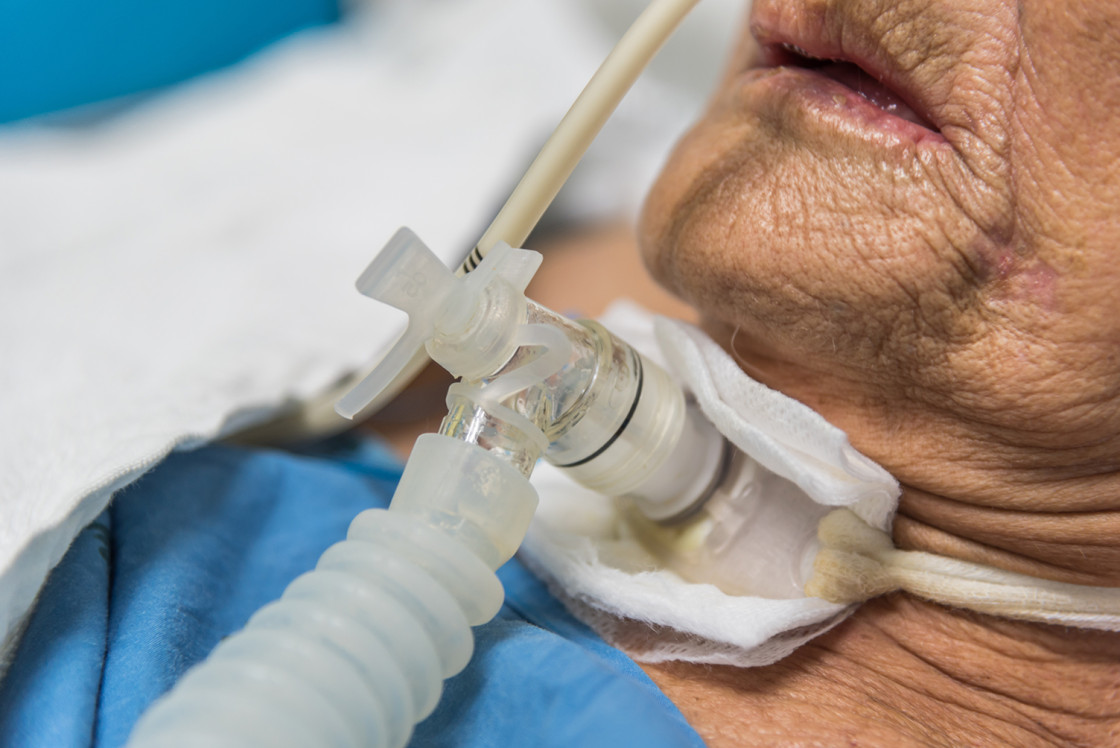Caring for patients with tracheostomies requires a specialized approach to ensure their safety and comfort. Nurses are responsible for managing ventilators, providing tracheostomy care, and performing suctioning to handle any emergencies that may arise effectively. By collaborating with a respiratory therapist and pulmonologist, our private-duty nurses learn to identify lung sounds and recognize signs of illness, which helps prevent acute respiratory emergencies and reduces unnecessary emergency room visits.
Regular monitoring of the airway is essential. This includes checking the tracheostomy tube for obstructions and being vigilant for signs of respiratory distress, such as difficulty breathing or fluctuations in oxygen levels. Daily care of the tracheostomy site is equally important to prevent infections, especially by using sterile techniques during tube changes. Since normal air humidification is bypassed, utilizing a humidifier or nebulizer is recommended to maintain moisture in the airways and minimize mucus buildup.
Suctioning may be necessary for patients who struggle to clear secretions, and it should be performed carefully to minimize discomfort. Effective communication with patients is vital, as many may find speaking challenging; therefore, alternative communication methods, such as writing or using communication boards, should be encouraged.
Nutrition and hydration need to be managed closely to ensure adequate intake, with modifications made according to the patient’s swallowing abilities. Caregivers must also be trained in emergency procedures to respond appropriately to situations such as accidental decannulation or airway obstruction.
Finally, educating both patients and caregivers about proper tracheostomy care and potential complications is essential to foster awareness of when to seek help. By adhering to these practices, caregivers can significantly enhance the quality of life for individuals with tracheostomies while prioritizing their safety and well-being.
We work with:
- Medically Intensive Children’s Program
- DSHS Private Duty Nursing Program
- Private Insurances

